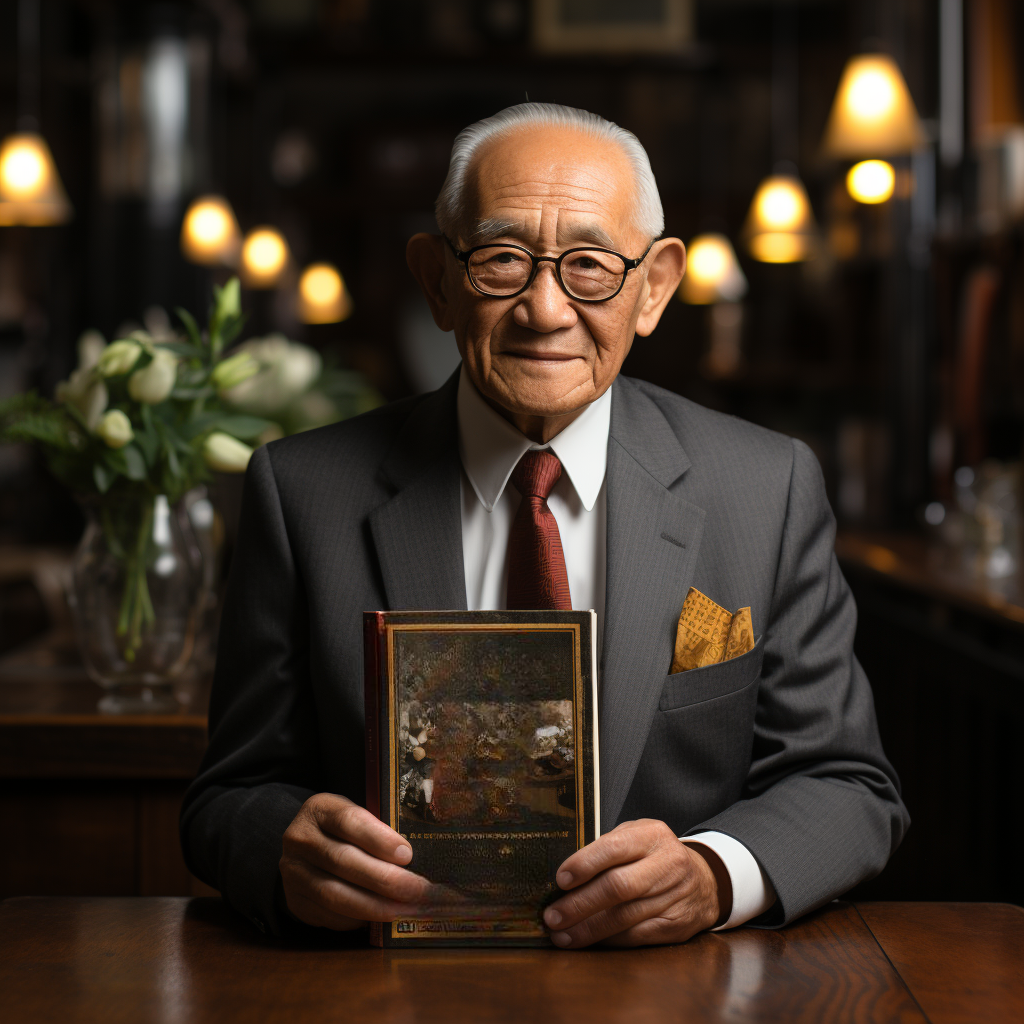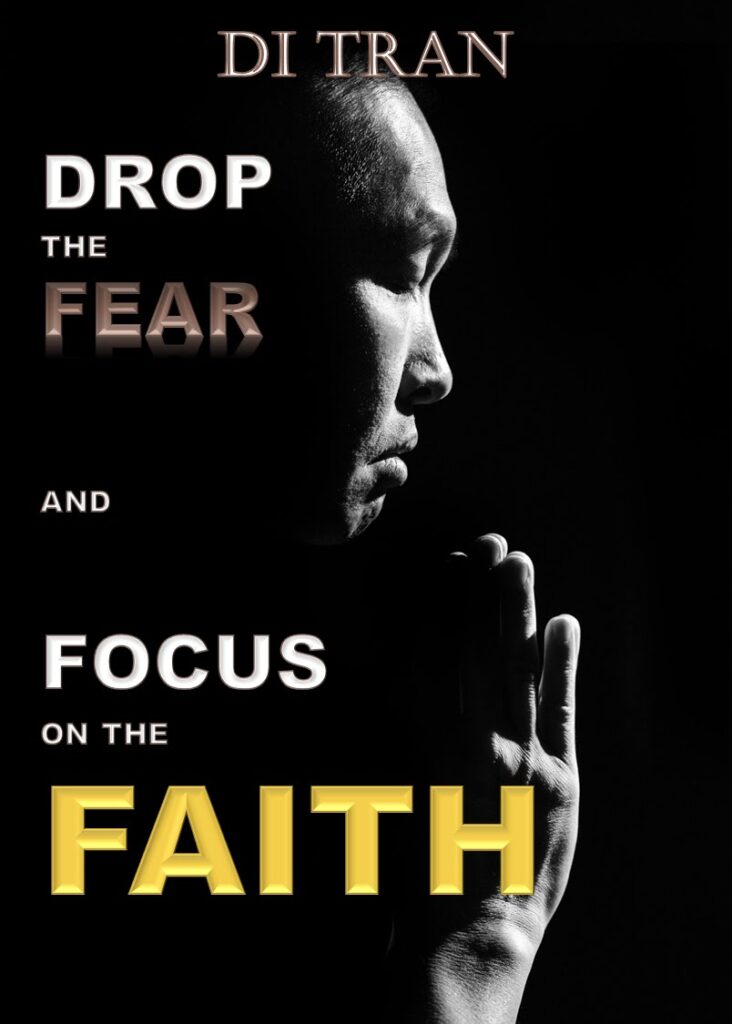In today’s fast-paced world, where success is often measured by monetary gains and titles, there emerges a compelling narrative that challenges the status quo. The tale of a 95-year-old attorney in Louisville, KY, who worked with unwavering dedication until his very last breath, exemplifies the idea that work is more than just a means to a paycheck. This perspective is echoed in the writings of Di Tran, author of “Drop the ME and focus on the OTHERs” and the soon-to-be-released “Drop the FEAR and focus on the FAITH”, who believes in the philosophy of “work until you drop” because “adding value is to life”.
Recently, Di Tran’s philosophical journey brought them to a quaint coffee shop in Louisville, KY, where they sat down with a small business owner, aged beyond 65. Their discussion unveiled a poignant narrative: the business owner’s father, a dedicated attorney, had passed away at the age of 95. What’s astonishing is not the longevity of his life, but the tenacity with which he approached his vocation. Even in his final moments, the elderly attorney had just closed a court trial, embodying Tran’s belief that one should “work until you drop” because “adding value is to life”.
For many, the very essence of work is closely tethered to monetary gain. However, both Tran and the aforementioned attorney highlight a perspective that is seldom explored. To them, working transcends the boundaries of mere financial benefits. Instead, it becomes a medium of self-satisfaction, a testament to the value and impact one can bring to the world. As Di Tran often emphasizes, work is a contribution to life, an embodiment of the assets one accumulates over a lifetime.
In “Drop the ME and focus on the OTHERs”, Tran delves deep into the importance of shifting the focus from oneself to the broader community. By contributing consistently, irrespective of age or societal expectations, one embraces a life that’s rich in experiences and values. This echoes the sentiments of authors like Viktor E. Frankl, who, in his seminal work “Man’s Search for Meaning”, expounded on the profound satisfaction derived from leading a purposeful life.
Retirement, a phase often associated with relaxation and disengagement, is viewed differently by individuals like Di Tran and the 95-year-old attorney. For them, it’s not about stepping back but rather about continuing to forge ahead, driven by passion and purpose. Their narrative challenges the societal norms that often associate age with ineffectiveness.
In conclusion, Di Tran’s rendezvous in Louisville, KY serves as a powerful reminder. Through references from their books and the real-life story of the attorney, we’re prompted to rethink our preconceived notions about work, value, and purpose. In a world that often measures success through tangible assets, Tran’s philosophy encourages us to view work as a never-ending journey of adding value, not just to our lives, but to the broader tapestry of humanity.



